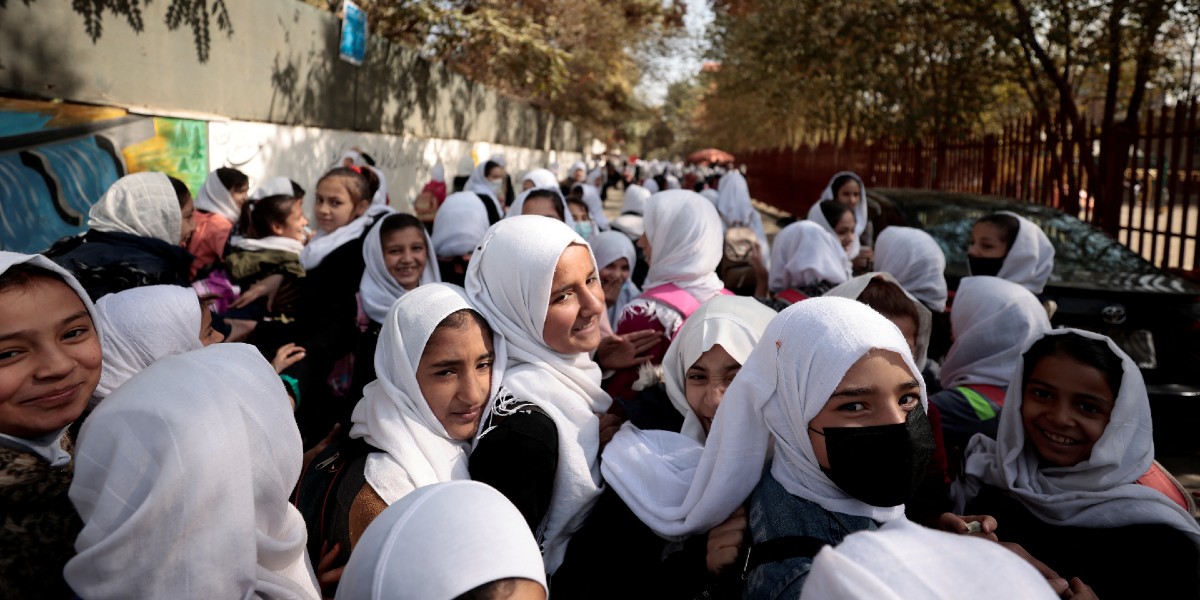The European Union in a statement on Wednesday strongly condemned the Taliban’s decision to bar women from attending medical institutions, describing it as another “appalling violation of fundamental human rights” and urging its immediate reversal.
“This decision represents yet another unjustifiable attack on women’s access to education in Afghanistan,” the EU said in its statement.
The EU expressed deep concern over the implications of the ban, warning that it would worsen Afghanistan’s humanitarian crisis and increase the suffering of its people.
“Women’s participation in education and the workforce is not just a matter of equality — it is essential for the self-sufficiency, development, and prosperity of any nation,” the statement said.
EU envoy echoes concerns
Tomas Niklasson, the EU’s special envoy for Afghanistan, reiterated the bloc’s stance, calling the policy an “unjustifiable attack” on women’s rights.
He emphasized that the decision to suspend medical education for women would have devastating consequences for the country.
The EU urged the Taliban to reverse “the discriminatory policy” and uphold their commitments under international law, particularly regarding equal access to education and healthcare.
“We remain committed to supporting women and girls, and all those whose rights are persistently violated in Afghanistan,” the statement added.
A looming healthcare crisis
The Taliban’s Ministry of Higher Education announced on December 2 that, following orders from their supreme leader, all medical education institutions — including semi-professional and higher education programs — would be closed to women.
This move comes nearly a year after the Taliban barred women from attending universities and further restricts access to one of the last remaining avenues for higher education for women in Afghanistan.
Afghanistan already suffers from a severe shortage of female medical professionals, including doctors, nurses, and midwives. Observers warn that the ban will exacerbate the healthcare crisis, particularly for women who rely on female practitioners for medical care.
The policy has sparked widespread condemnation from Afghan citizens, human rights activists, and international organizations, who view the decision as a step backward in addressing Afghanistan’s pressing healthcare needs and as a deepening of the systemic oppression of women.





